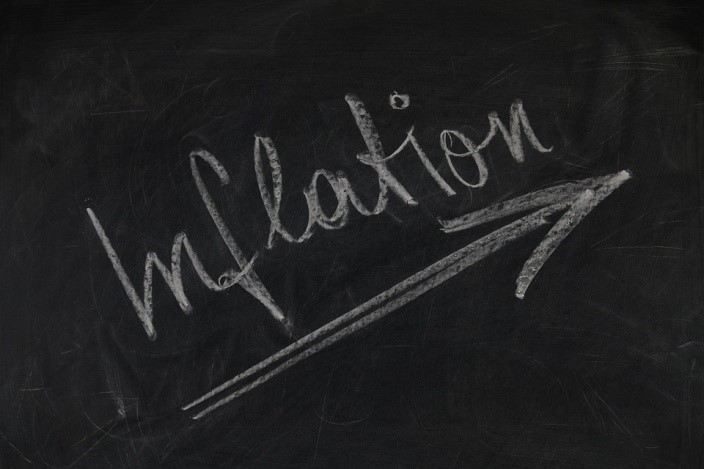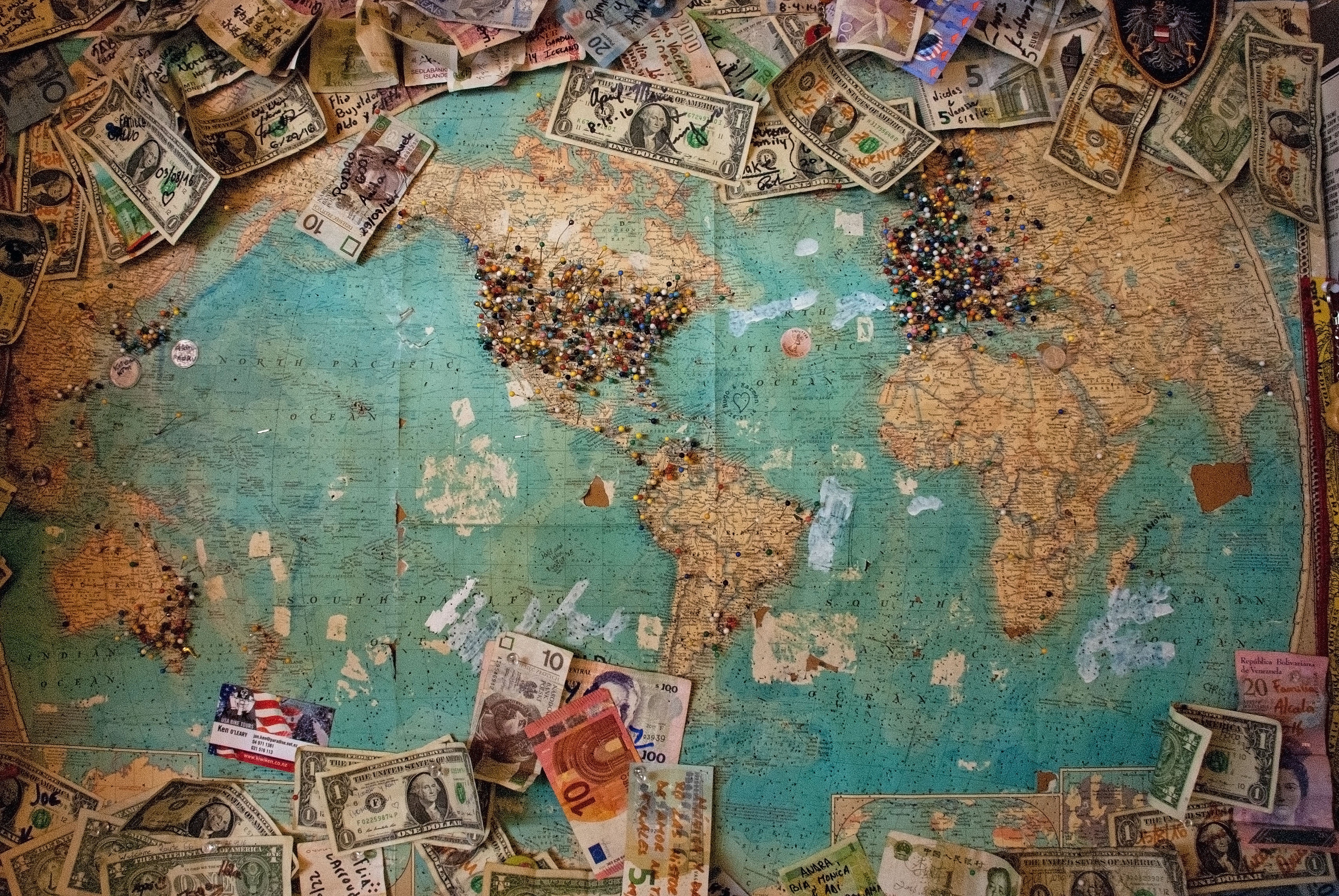The rules of economics can be quite simple, particularly when you take the time to break down the concept of money and how it works. The easiest way to look at the world from a financial perspective is that the more you possess of any material item, the lesser its importance, and the same can apply to other areas and industries as well.
In the world we live in nowadays, money is rightly considered a means to an end, and that end is survival. But, if money were infinitely available to everyone, it would eventually, over time, lose its importance. Instead, the desire would no longer be to focus on money, but preferably on things which are not within someone’s purchasing power.
For instance, if you wanted a house which was out of your reach when you didn’t have enough financial influence, the wide availability of money would now give you purchasing power, and who wouldn’t want that? Nonetheless, you’ll have some fierce competition, as everyone who previously wanted that house but couldn’t buy it would now have the money for it.
What would happen next is that the substantial increase in demand would cause the price of the house to go up, otherwise known as inflation. If the price goes up and up, it will reach a point where a lot of money simply won’t suffice to buy the house.
While this may seem complicated, it can be easily simplified to this: the price of goods would go up due to demand, while the value of money would substantially go down because of availability. With this in mind, maybe the next question would be who is going to the rich in a world where everyone would have access to infinite money?
The
Top of the World

To answer the previously posed question, the wealthy minority would be the one who holds all the resources. Since money is widely available and not really a unique selling point, all that would matter in such a world would be goods and services. After all, money would merely become a medium of exchange rather than a long-term goal.
But, you might ask yourself what would be the point of having all that money if you still can’t afford to get the stuff you want? Maybe then, the importance of other aspects of life would shift, and we would become less concerned with the superficial power of “stuff.”
The truth is that in such a scenario, the government would have the pain of either creating more and more money to cope with demand or merely mint the funds using bizarre denominations. Among others, the entertainment industry would not have such a huge role in our lives either, since the winnings we crave from casinos would no longer be needed.
And as we can clearly learn from the casinos, free money almost always comes with a risk. For example, most casinos today offer so called “no deposit bonuses” for a reason – they hope to lure in the player to make a real deposit. Often times you can see offers such as “deposit $100 and get $100 free”. If you want to try your luck with real money, there are plenty of mobile casinos that accept PayPal. But remember, that’s still not free money, the casinos have edge on you the minute you make a deposit.
The Equality Paradigm
Workplace, gender, social, or monetary equality are all concepts which most of us strive to achieve. What we haven’t considered, possibly because we view it as a far-fetched idea, is that if everyone had infinite money, all our incomes would be the same.
While the equal distribution of wealth sounds beautiful, it might not be a realistic nor sane idea. For instance, in socialist economies, equality of income was a thing, but there’s a reason why we’ve shied away from that governing power. With an infinite and equal money supply, people wouldn’t be working nearly as hard, having less of an incentive to render services or produce as many goods as possible.
To put things into perspective, a hard-working laborer who operated for over 9 hours per day in order to meet or exceed his family’s needs won’t be too concerned about working even half of that time. After all, he would have all the money in the world; thus hard work would become a choice rather than a necessity.
While on an individual level that sounds appealing, what would happen if we all thought this way? No work would be done, and this would lead to other deficits, including no rendering of high-quality services. No production of goods for consumption. With high demand but low supply, the prices could then skyrocket to the point that the economy would become stagnant, while the costs would still rise and rise. With this in mind, having an infinite amount of money available to everyone could become dangerous.
Another interesting way to exemplify this problem is by looking at an experiment conducted by a University. A professor in a class of over 100 students stated to his pupils that all would be given the same marks regardless of their answers to an exam. While the high achievers of the class initially worked just as hard, the weaker students still passed the reviews and got the exact same grades. Eventually, these equal distribution of grades lead the participants to work less hard each weak, up to the point that their knowledge stagnated.
With such a system in place, the following would be experienced:
· Competition would become scarce
· Motivation to exceed your limits and societal expectations would drop
· Inflation would take over
· Governments would struggle to keep up with demand
Conclusion
As is stands, the world looks far different than this speculation on how our society would be if money were infinitely available to all of us. As pointed above, there would be multiple disadvantages to having such a wide availability of cash, one that would eventually lead to inflated prices and a government who wouldn’t be capable of coping with the increasing demand.
Thus, for now, we are faced to live with the reality we create. But, the good news is that there are several ways to make free money online and expand your horizons, and an entertaining and appealing way is through online games. Since we are still dependent on cash and conventional methods of completing transactions, we need to put in the work.


